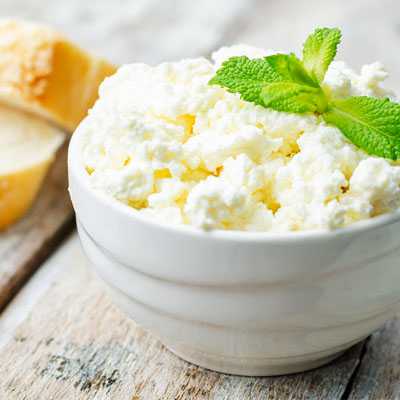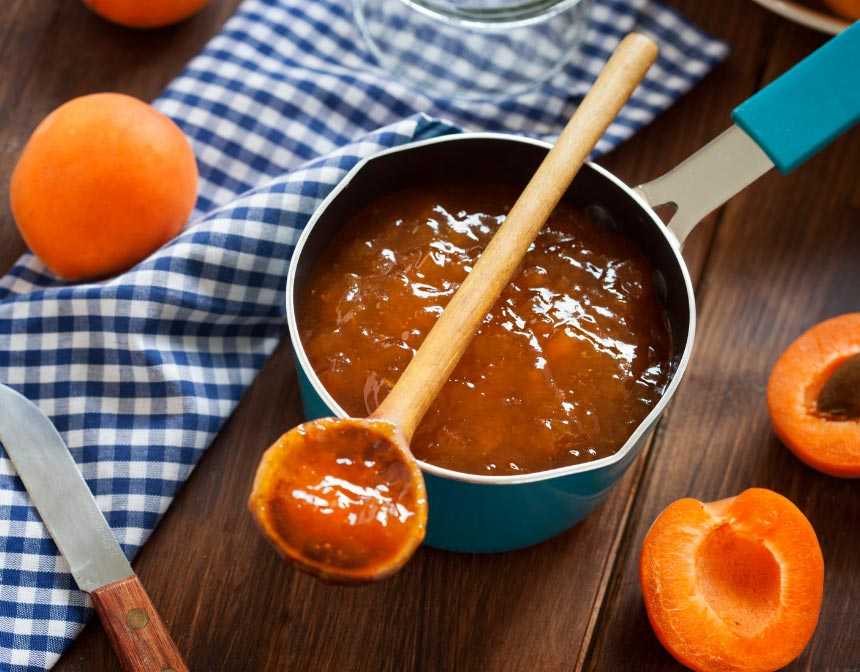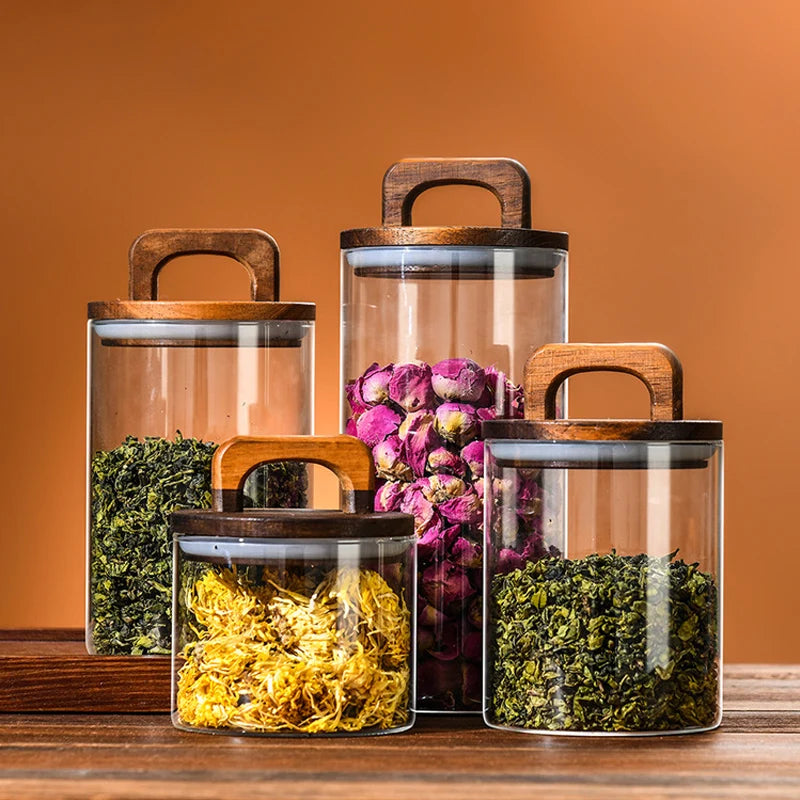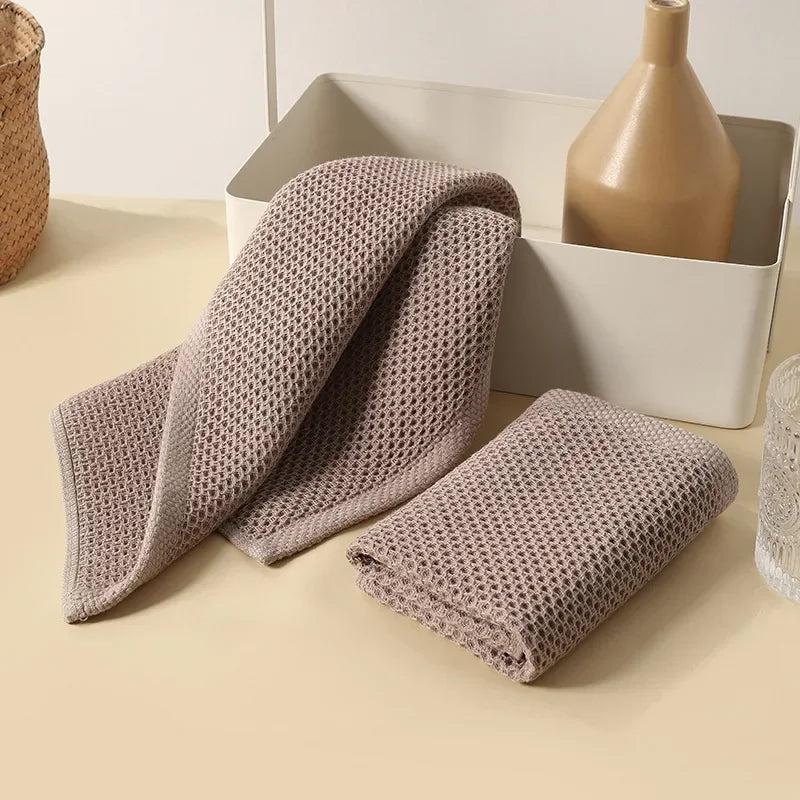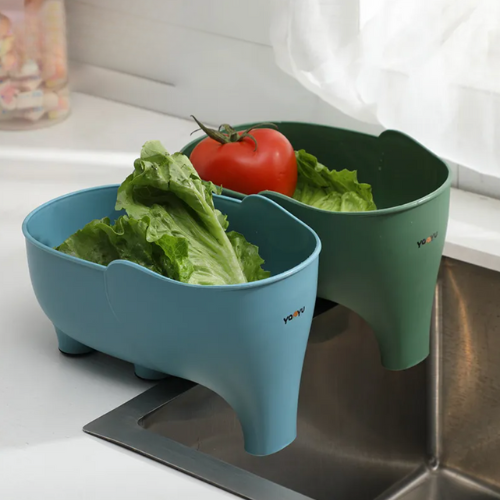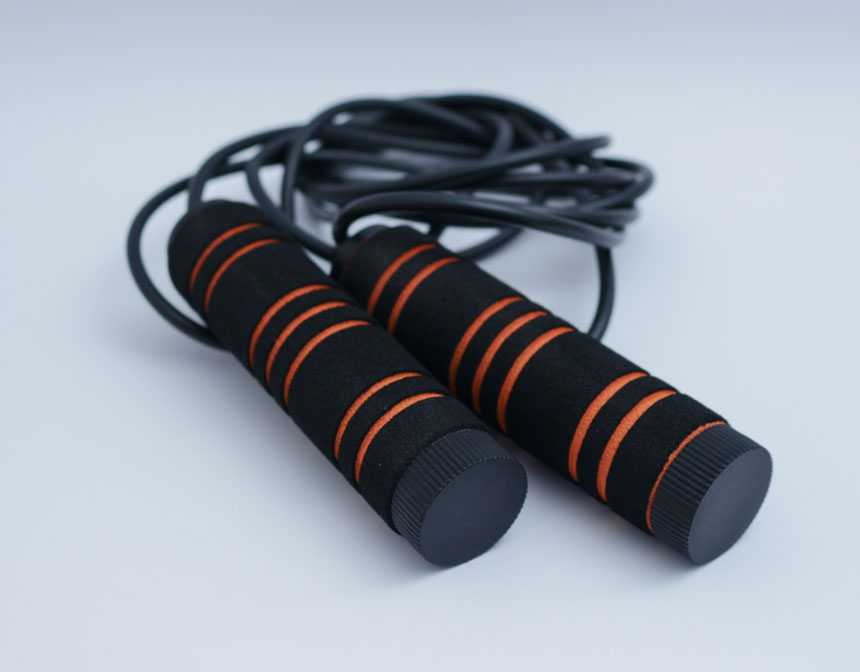A Zesty History of Lemon Ricotta Pancakes
Lemon Ricotta Pancakes, with their sweet and tangy flavor profile, have roots in Italian cuisine. Historically, ricotta cheese has been a staple in Italian kitchens for centuries. It's often used in a variety of dishes, from savory pastas to delightful desserts. The integration of ricotta in pancakes gives them a uniquely light and fluffy texture that's unlike any other pancake variety.
Incorporating Blueberries: A Modern Twist
Over the years, many chefs and home cooks have experimented with the classic recipe to add their own twist. One of the most popular variations is the fusion of lemon and blueberries. Lemon Blueberry Ricotta Pancakes and Blueberry Lemon Ricotta Pancakes have become increasingly popular in breakfast menus around the world. The tartness of blueberries complements the zestiness of lemon, creating a palate-pleasing balance of flavors. Not only do blueberries add an additional layer of taste, but they also introduce a vibrant burst of color, making the dish as visually appealing as it is delicious.
Going Gluten-Free with Lemon Ricotta Pancakes
With the rise in dietary preferences and the increased awareness of gluten sensitivities, many recipes have been adapted to cater to these needs. Gluten-Free Lemon Ricotta Pancakes have made their way into the culinary scene, allowing those with gluten intolerances to indulge in this delightful breakfast option. Thanks to a variety of gluten-free flours available today, making a gluten-free version without compromising on the taste or texture has become a seamless process. Whether you’re gluten-intolerant or simply looking to experiment, gluten-free variations of this dish are equally satisfying and delicious.
What Is Lemon Ricotta Made Of?
Lemon ricotta is essentially ricotta cheese that has been flavored with lemon zest and/or lemon juice. The primary ingredients in lemon ricotta are:
- Ricotta Cheese: A creamy, white cheese made from the whey leftover from the production of other cheeses. It has a slightly sweet taste and a grainy texture.
- Lemon Zest: The outer yellow peel of a lemon, which contains the fruit's essential oils and provides a concentrated lemon flavor without the sourness of the juice.
- Lemon Juice (optional): The juice squeezed from a lemon, adding tanginess and a fresh lemon flavor.
To make lemon ricotta, simply mix ricotta cheese with freshly grated lemon zest and, if desired, a splash of lemon juice. It can be used in a variety of dishes, from pancakes and desserts to pastas and salads, to introduce a light, citrusy flavor.
How Much Protein Is In Lemon Ricotta Pancakes?
The protein content in lemon ricotta pancakes largely depends on the specific ingredients and their quantities used in the recipe. However, to give a general estimate:
- Ricotta Cheese: Depending on the type (whole milk vs. part-skim), ricotta cheese has about 14 grams of protein per cup.
- Flour: Regular all-purpose flour has about 13 grams of protein per cup.
- Eggs: A large egg has approximately 6 grams of protein.
Using the provided recipe for Lemon Ricotta Pancakes, which calls for 1 cup of ricotta cheese, 1 cup of flour, and 2 large eggs, the total protein for the entire batch of pancakes would be approximately: 14 (ricotta) + 13 (flour) + 12 (2 eggs) = 39 grams of protein.
If you make 8 pancakes from the batch, each pancake would contain roughly 4.9 grams of protein.
However, keep in mind this is a general estimation. To get an accurate protein count, you'd need to consider all ingredients in the recipe and their specific brands/types. Additionally, adding toppings or fillings (like nuts or seeds) can also increase the protein content.
What Makes Pancakes Less Rubbery?
Pancakes that turn out rubbery are often the result of overmixing the batter or overcooking them. To ensure soft, fluffy pancakes, here are some tips to keep them from becoming rubbery:
- Don't Overmix the Batter: One of the most common reasons for rubbery pancakes is overmixing. Gently fold the wet ingredients into the dry ingredients just until mixed. It's okay if there are a few lumps; they typically cook out. Overmixing develops the gluten in the flour, which can result in a chewy texture.
- Use Baking Powder: Baking powder is a leavening agent that can give pancakes their fluffiness. Ensure it's fresh for the best results.
- Let the Batter Rest: After mixing, allow the batter to rest for about 10 minutes. This lets the flour absorb the liquid, which can help reduce gluten formation.
- Moderate Heat: Cooking pancakes on a heat that's too high can cause them to become rubbery. Aim for medium heat. The pan is ready when water droplets dance on its surface.
- Avoid Flattening with the Spatula: Pressing down on the pancakes with a spatula can compress them, making them denser.
- Fresh Ingredients: Ensure that your ingredients, especially the leavening agents like baking powder or baking soda, are fresh. Expired or old agents might not work effectively, causing the pancakes to be dense.
- Buttermilk: Consider using buttermilk or adding a touch of acid (like lemon juice or vinegar) to regular milk. The acid can interact with the baking soda/baking powder, producing carbon dioxide and resulting in fluffier pancakes.
- Check your Recipe: Some recipes might have a higher proportion of liquid to dry ingredients. If the batter seems too thin, it might lead to less fluffy pancakes. Adjust the ratios as needed.
Remember, practice makes perfect. Over time, you'll get a feel for the right consistency and technique to achieve the perfect pancake.
Is Ricotta The Healthiest Cheese?
Ricotta cheese has several health benefits, but whether it's the "healthiest" cheese depends on the criteria you're using to define "healthy." Here's a breakdown of ricotta's nutritional attributes:
Protein: Ricotta is a good source of protein, especially whey protein, which is believed to have numerous health benefits, including reducing blood pressure and inflammation.
Calcium: Like most cheeses, ricotta is a good source of calcium, which is essential for healthy bones and teeth.
Whey: As mentioned, ricotta contains whey, a by-product of cheese-making. Whey protein is easily digestible and is often used by athletes for muscle building and recovery.
Low in Fat: Compared to many cheeses, especially aged cheeses like cheddar or parmesan, ricotta (particularly part-skim varieties) has a lower fat content.
Vitamins and Minerals: Ricotta provides various vitamins and minerals, including vitamin A, riboflavin, B vitamins, and zinc.
However, there are other cheeses with their unique health benefits:
- Cottage Cheese: Low in fat and high in protein, cottage cheese is often favored by dieters and bodybuilders.
- Feta: This cheese is rich in calcium and phosphorus and has fewer calories than many other cheeses.
- Parmesan: A hard cheese that is aged longer, it's low in lactose and high in calcium and phosphorus.
- Mozzarella: Particularly the fresh variety, is lower in sodium and calories compared to many other cheeses.
- Blue Cheese: Contains beneficial bacteria that can have various positive health effects.
Every cheese has its set of nutritional benefits. The key is to consume them in moderation as part of a balanced diet. Factors like salt content, fat content, the presence of beneficial bacterial cultures, and processing methods can all impact the nutritional profile and health benefits of any given cheese. So, while ricotta is certainly a healthy option with numerous benefits, it's hard to label one cheese as the "healthiest" definitively.







